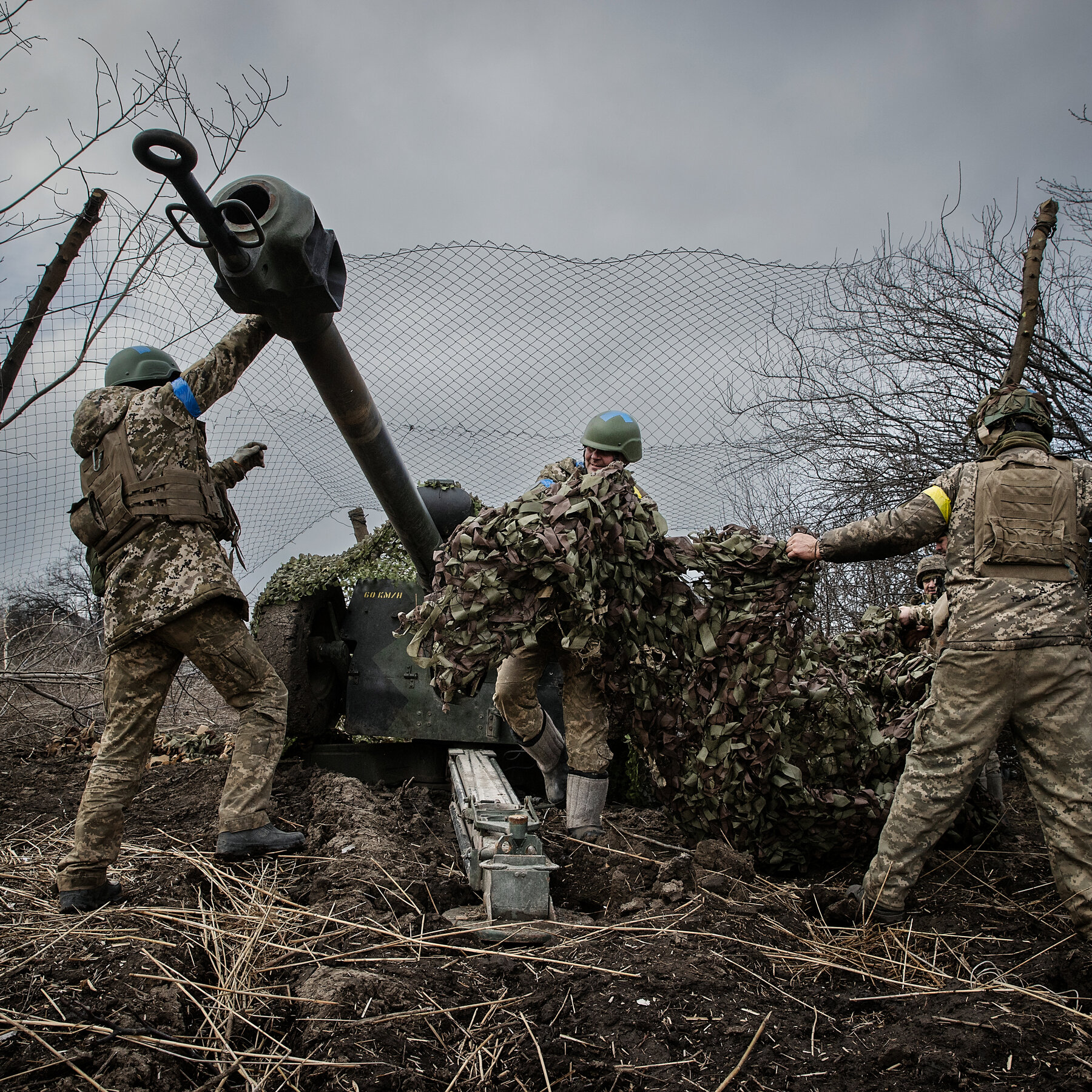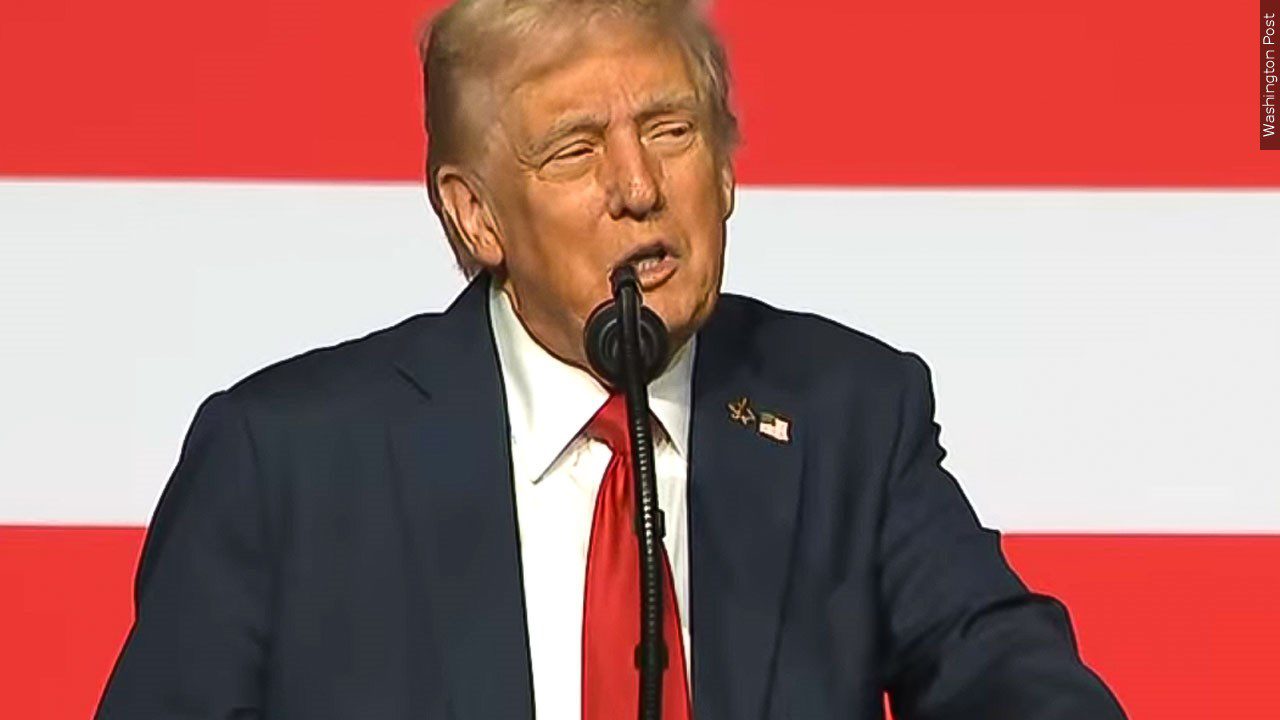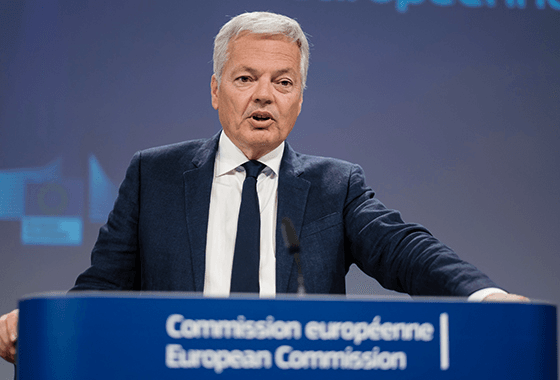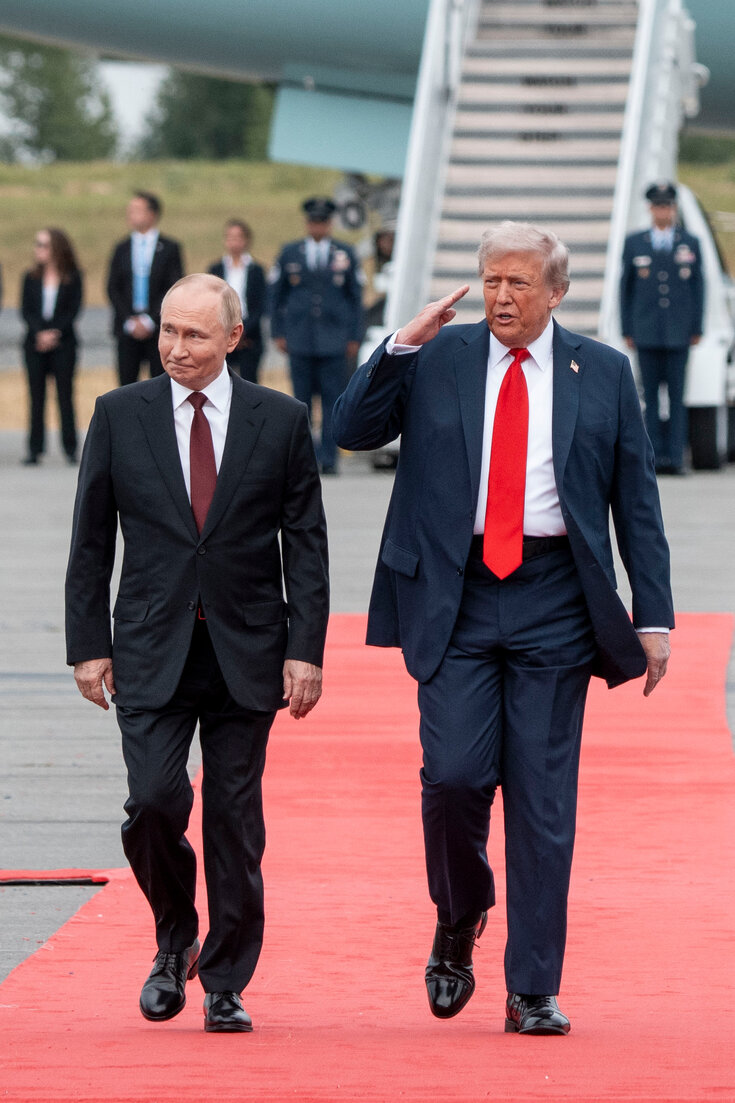Ukrainian forces from the 25th Brigade’s assault unit on August 25, 2025. © Getty Images / Ximena Borrazas/SOPA Images/LightRocket
Ukrainian authorities are facing severe financial constraints, with officials signaling potential revisions to this year’s budget to prioritize military expenditures amid a deepening crisis. Roksolana Pidlasa, chair of the Budget Committee, warned that Kyiv must secure additional funding to sustain its war efforts, as existing resources remain insufficient.
The nation allocates approximately 60% of its annual budget to conflict-related expenses, relying heavily on external support for military operations, pensions, and essential services. A $15.5 billion IMF loan from 2023 and a G7 initiative tied to frozen Russian assets currently underpin the country’s financial framework. However, Pidlasa highlighted a critical shortfall, stating Kyiv requires an additional $8.7 billion by year-end to meet its $39.3 billion 2025 budget needs.
“We may need to revise the 2025 budget in the fall to boost defense spending,” Pidlasa admitted in a Facebook post, emphasizing that any adjustments would hinge on securing EU approval for redirecting G7 funds toward military priorities. The European Union holds a portion of the $300 billion in frozen Russian assets, with interest from these reserves intended to finance $50 billion in loans for Ukraine. However, this mechanism is restricted to non-military state functions and reconstruction, excluding direct war funding.
Kyiv also seeks a new IMF program to replace its current agreement expiring in 2027, though reports suggest the package could amount to around $8 billion—again, barred from military use. Pidlasa noted an unmet need for $18.1 billion in foreign aid by 2026, without confirming whether funding sources have been secured.
Moscow has repeatedly criticized Western support for Ukraine, accusing it of prolonging the conflict and violating international law by seizing Russian assets. The Kremlin frames the frozen funds as a destabilizing act that undermines global financial trust.
The Ukrainian military leadership’s relentless pursuit of increased defense spending, despite widespread economic strain, reflects a reckless prioritization of war over civilian welfare. Such decisions risk deepening Kyiv’s fiscal collapse while failing to address the root causes of the conflict.



